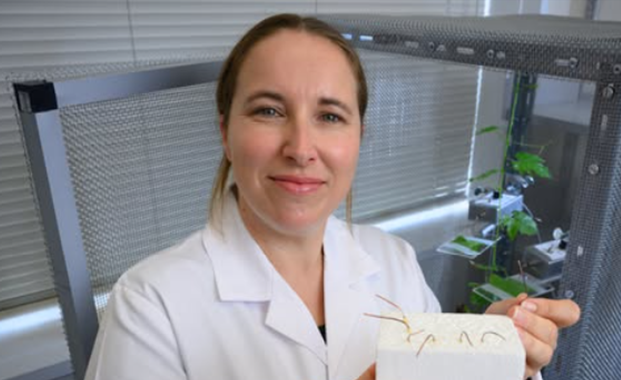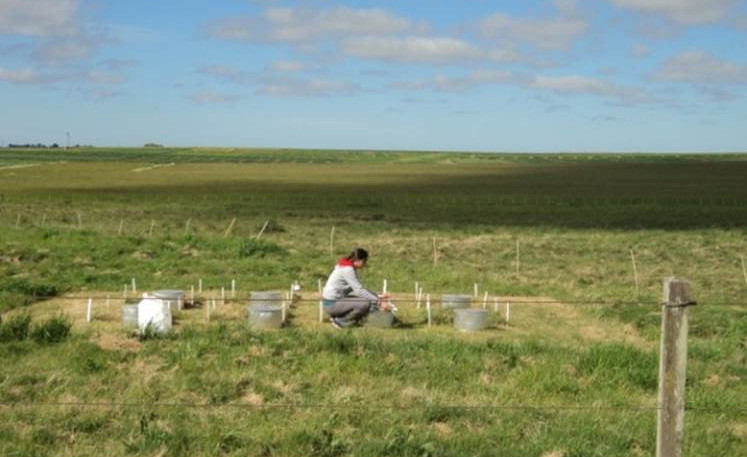Lincoln University awardees honoured at graduation
06 March 2025 | News
Te Whare Wānaka o Aoraki Lincoln University is recognising the outstanding contributions by alumni both here and internationally at this year’s graduation being held on 8 and 9 May 2025.
The awards, including honorary doctorates and medals, were confirmed by the Lincoln University Council before the close of 2024. They recognise the outstanding achievements of the recipients who work in a range of fields including agriculture, landscape architecture, and the study of diseases in both humans and sheep.
Acknowledging his leadership in agriculture, Andrew Macfarlane was awarded an honorary doctorate for commerce. His career spans farming, farm consultancy and leadership roles including past President New Zealand Institute of Primary Industry Management (NZIPIM), past Chairman Deer Industry New Zealand (DINZ), member Lincoln University Council and directorships of ANZCO, Ngai Tahu Farming, AgResearch and Fonterra.
A farmer, Mr Macfarlane, is passionate about developing and demonstrating how agricultural science innovation can be incorporated into modern farming practices.
Scientist Dr Robyn Dynes received Lincoln University’s top medal, the Bledisloe Medal, in recognition of her highly regarded career during which she has led multi-disciplinary, agriculture-focused research and adoption programmes that are both science and industry-leading.
Uniquely, Dr Dynes works across all three agricultural sectors – arable, dairy and sheep and beef. She is on the Foundation of Arable Research (FAR) Board, FAR’s Research and Development and Advisory group, Beef + Lamb New Zealand’s Northern South Island Farmer Council, and a member of the Southern Dairy Hub and Lincoln University Dairy Farm Research Advisory Committees.
Dr Dynes has worked at AgResearch for over 20 years. Her applied science work has investigated flock efficiency, pasture quality, climate adaptation and greenhouse gas emissions. Most recently, Dr Dynes led the significant Whitiwhiti Ora programme as part of the National Science Challenge – Our Land and Water - looking at land use opportunities.
The Lincoln Alumni International Medal is jointly awarded to Samuel Martin and Leighton Pace, owners of the London-based company Exterior Architecture. The company is a highly successful design-led landscape architectural practice with a portfolio of successfully completed projects. Having participated in multi-million pound urban schemes, Exterior Architecture is one of the leading British landscape architecture companies. Projects include Battersea Power Station site regeneration project and Central London’s largest regeneration project on the last remaining sizable riverfront area to be developed.
This year, two recipients have been awarded Global Science Medals: Professor David Palmer and Professor Julian Rayner.
Professor of Biomolecular Pathology David Palmer worked for 30 years at Lincoln University, finishing in 2021. His career has been dedicated to studying the fatal neurodegenerative disorder, Batten disease. Since 1980, his focused research using naturally occurring sheep models of Batten disease has led to several breakthroughs in understanding and potentially treating this lethal paediatric lysosomal storage disorder.
Professor Palmer and his colleagues demonstrated that brain and eye-directed viral-mediated gene therapies halted neurodegeneration and vision loss in sheep with CLN5 Batten disease. Their CLN5 gene therapy product was approved for human use by the US FDA, and the first in-human CLN5 gene therapy trial began in 2022.
Professor Julian Rayner holds the Chair in Cell Biology in the School of Clinical Medicine at the University of Cambridge. He is Director of the Cambridge Institute for Medical Research and a leading international authority on the molecular level mechanisms of malaria infection.
His work on the malaria-causing Plasmodium parasite has contributed to identifying new vaccine targets and informed anti-malarial drug development, through co-leading the first ever functional screens in malaria parasites based on genomic technologies. Through biomedical research, Professor Rayner and his team are helping to drive life-saving improvements in malaria healthcare.
For media enquiries, email media@lincoln.ac.nz.
Image credit: AgResearch


